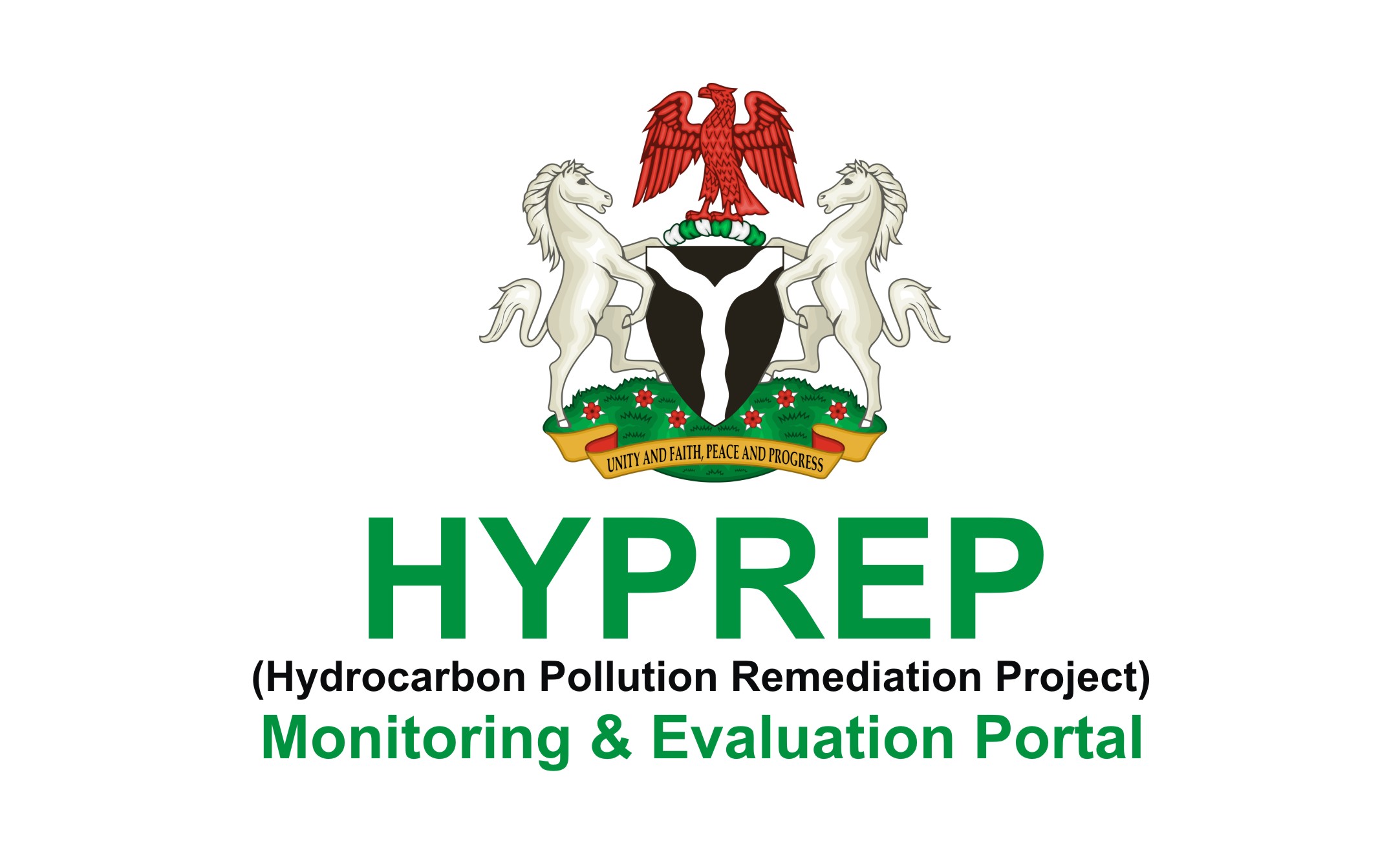Business
Plateau Poultry Farmers To Access N220bn CBN Loan
Chairman, Plateau
Poultry Farmers Association (PAN), Mr Julius Gusan said that farmers in the state would access the Central Bank’s of Nigeria’s (CBN) Micro, Small and Medium Enterprise Fund.
Gusan told newsmen in Jos that the CBN had on February 11, held a sensitisation workshop for poultry farmers to educate them on the facility.
He said the farmers were informed of the conditions that they needed to satisfy to benefit from the scheme which would be facilitated by the association.
“We as farmers will access the loan through micro-finance banks and we have gone ahead to open accounts with some micro-finance banks for our farmers to access the loan.
“It is not going to be a problem because we are going to guarantee our farmers to take the loan to expand their farms, generate more income and improve their standard of living,’’ he said.
He disclosed that the inclusion of his members to access the loan and the sensitisation workshop was as a result of the training they received from the Industrial Training Fund (ITF).
“The CBN knew that PAN members received training from the ITF and therefore, they can now handle poultry issues,’’ he said.
Gusan said the new office accommodation the association inaugurated last week was to enable it to operate in a better environment and be more accessible to farmers.
“The office is a centre for us to coordinate the activities of all the farmers ranging from production to marketing of poultry products,” he said, adding that they were talking with feed millers that produce quality and standard feeds to bring and keep them there so that farmers could buy.
“The same thing with hatcheries; so that quality day-old chicks are supplied to our farmers. “So, they will come here and verify which ones they will go for and we will advise them accordingly,’’ he said.
He advised poultry farmers who had yet to register with the association to do so without delay to benefit from the gesture.
Business
NCDMB, Dangote Refinery Unveil JTC On Deepening Local Content

Business
Industry Leaders Defend Local Content, … Rally Behind NCDMB

Business
Replace Nipa Palms With Mangroove In Ogoni, Group Urges FG, HYPREP

-
Business3 days ago
2027: Group Vows To Prevail On Diri To Dump PDP For APC
-
News3 days ago
FG Renames University of Maiduguri After Buhari …As Tinubu Pours Encomiums On Late President
-
News3 days ago
NUP Denies Planned Protest Over N32,000 Pension Increment
-

 News3 days ago
News3 days agoRivers PDP Debunks Sale Of LGA Election Forms
-
Niger Delta3 days ago
Bishop Mocks Fake Prophecy Seekers … As Priests Relive Challenges At Ordination Ceremony
-
Opinion3 days ago
Welcome! Worthy Future For R/S
-
Rivers3 days ago
Motor Spare Parts, Industrial Generators Dealers’ Union Swears Gets New Chairman in Port Harcourt
-
News3 days ago
South-South Contributes N34trn To Nigeria’s Economy In 2024 – Institute

